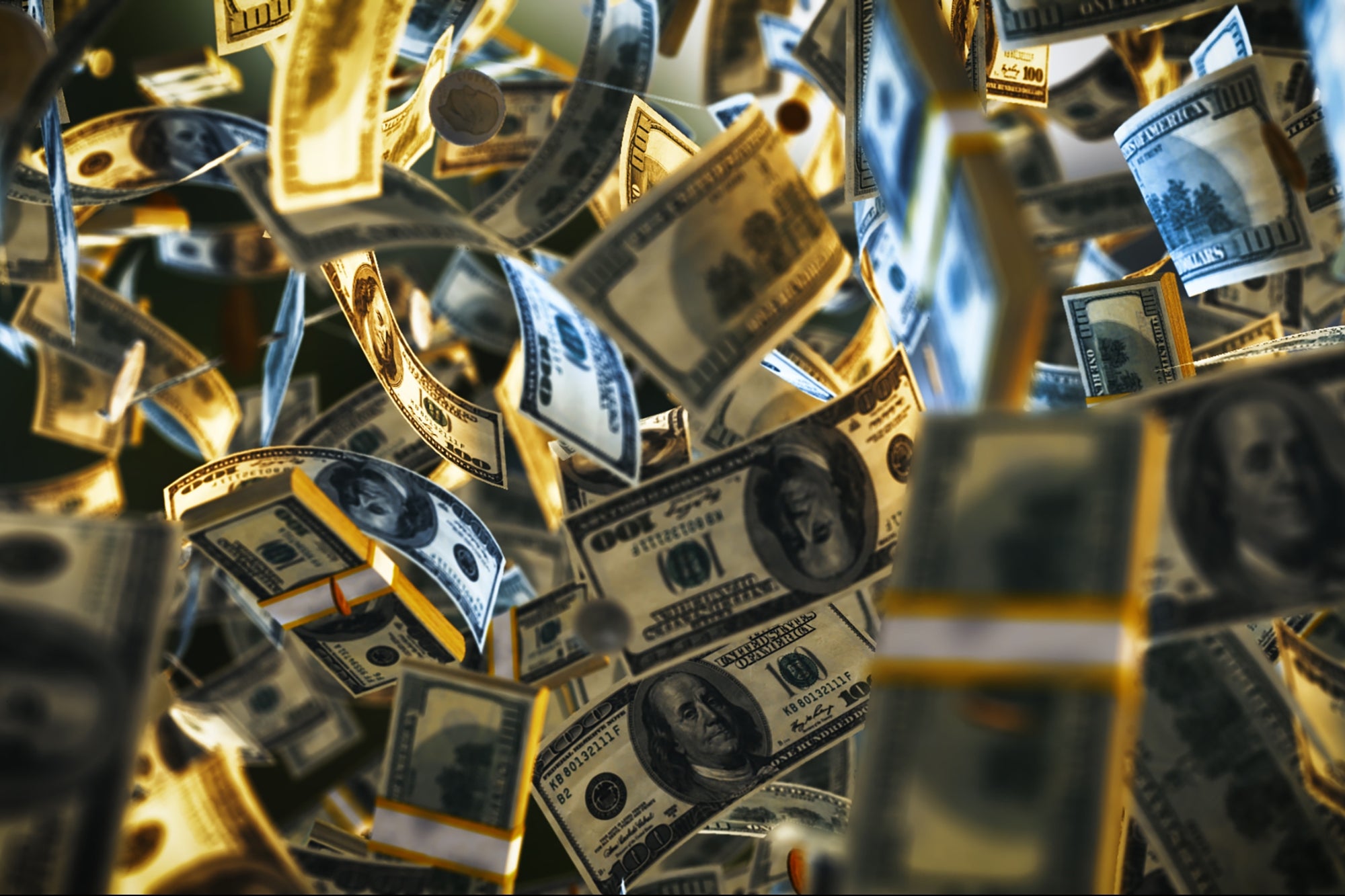Why the Term 'Unicorn' Needs to DieThat Silicon Valley jargon is simultaneously the dumbest and most perfect appellation for overvalued startups.
This story originally appeared onPCMag

What comes to mind when you hear the wordunicorn? Here is my list: Stupid, mythical creature, little girl, bad art, treasure chest, horn, rainbows, clouds, Toys 'R Us, cute, dumb, creepy, effeminate, pink, furry, non-existent.
Oh yeah, and highly valued Silicon Valley startup.
It's this last use of unicorn that is getting on my nerves. The term has been coined, defined, and generally accepted by the dopey tech community that has for two decades spent most of its time coming up withidiotic and cute terms and phrases描述的现象或想法。破坏scalable, incentivize, takeaway, target-driven, value proposition, Web 2.0, and so on.
This butchery of the language dates back to the late 1990s, when puns like "click and mortar" epitomized the terrible wordplay of the era. It has now morphed into something simpler, whichI moaned about in 2014and is frequently mocked by the TV seriesSilicon Valley。但必须对独角兽,stupidest term of them all.
The problem began when investor Aileen Leedefineda startup worth a billion dollars as a "unicorn." Lee, a former CEO at RMG Networks and KleinerPerkins alum, founded a female-run venture capital firm,Cowboy Ventures, and asked in 2013 "how likely is it for a startup to achieve a billion-dollar valuation? Is there anything we can learn from the mega hits of the past decade, like Facebook, LinkedIn, and Workday?" The Unicorn Club was born, and due to the generally vapid nature of the Silicon Valley investment community, the term caught on.
Some observers -- including other VCs -- point to the unicorn phenomenon to claim we are in another tech bubble because there are too many small, profitless startups valued at a billion bucks or more. Valuation itself, for many companies, is sketchy. Everything is dubious unless the company is public.
With a private company, for example, anyone can get to a billion-dollar valuation easily. Let's say a biz that makes ice cream and Popsicle sticks creates one billion shares as part of its structure. I buy one share from the founder privately. If I pay one dollar for the one share, then the company can be said to have a valuation of one billion dollars.
As for a coming collapse -- the bubble bursting -- it could happen, but not because the scene is insane like in 1999. Sure, there are a lot of stupid operations being chased by a lot of dumb money looking for the lucky buyout or merger or IPO. A lot of it makes no sense unless you are selling yourself on the 1999 notion of a "new economy," the very idea of which still makes me laugh.
Unicorn is, in that case, perfect. It's not a real thing. It's a fantasy. You could say "billion-dollar startup," but that would be too practical and actually describe the company. No! Use Unicorn instead.In the startup environment, the players have to somehow find a way to relax so they can accept the fact that a gimmicky startup social media company is worth more on the books than General Motors. They needed a new term to explain it. Something that takes away from reality.
In reality, it's all code to show you are a member of the Bullcrap Club of Northern California.










